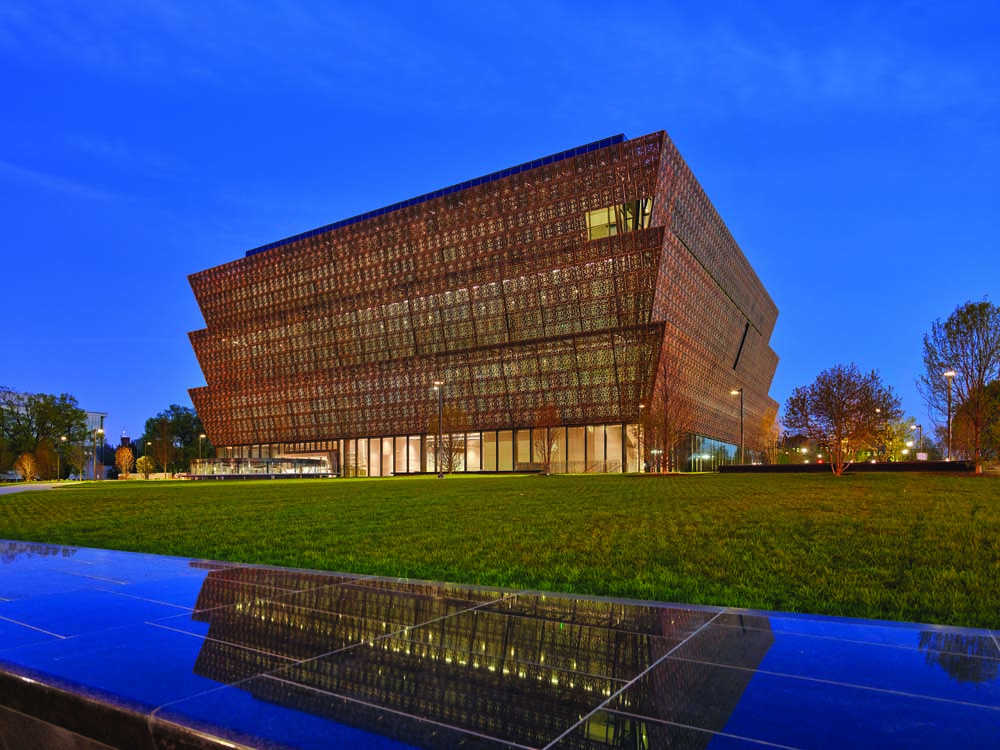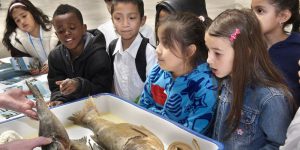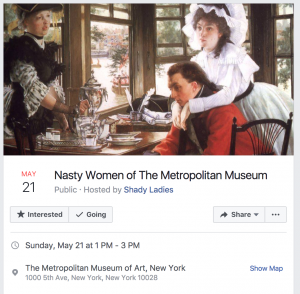Twenty years ago, if you had asked any museum director where they see museums going, their response would more than likely involve technology, as that was a monumental societal shift that was happening at the time. The internet was just beginning to grow rapidly and people were communicating with more ease than ever before. Museums saw the introduction of technology as a way to expand into digital forms. They foresaw the use of digital exhibits, interactive participation, and even virtual reality in museums.
In order to succeed, museum exhibits should be able to withstand and adapt to any major social changes that may occur. Museum curators often keep in mind the prediction of what will matter in the future when they create these exhibits so that their exhibits maintain relevancy within the public sphere. For this reason, most museum directors are well aware of the changes happening in society and how their exhibits are being reflected in the public eye.
Museum directors are often aware of what they need to change in museums and how museum interactions will change over time. In a project called, #FutureMuseum, museum directors were asked where they see museums in the future. The majority of directors hoped for increased diversity, collaboration, and conversation to be generated by future museum exhibits. Museums have already somewhat started to make these changes, slowly but surely. Art museums are organizing their exhibits with the purpose of making a political statement, forcing visitors to think about the pieces they are seeing rather than mindlessly staring at a painting on a wall. Science museums have started a reboot that involves a heavy

amount of interaction as compared to older science museums where the exhibits were just displays of scientific discoveries for the visitor to read about on a little placard.
As museums are centers open for public consumption, the main goal of any museum is to please everyone that happens to walk through its doors. However, the biggest challenge that museum directors face is to please everyone while also finding a way to challenge their views and ease them into an environment that engages them in those difficult conversations in a way that is memorable. In the #FutureMuseum project, nearly every director hoped to see increased social interaction and participation within the exhibits as opposed to the traditional learning emphasized by museums in the past. Directors understand that for the next generation, museums need to focus more on creativity and self-discovery rather than the didactic storytelling method of earlier times. As Clare discusses in an explication of

the integration of the Black Lives Matter Movement with the recent opening of the National Museum of African American History and Culture, the museum encouraged interaction by offering safe spaces to grapple with the heavier topics introduced throughout the museum. It is not necessarily about the display of culturally relevant objects; it is about applying them to an experience and how they can influence the future.
Further Reading:
https://frieze.com/article/what-is-the-future-of-the-museum
http://ac.els-cdn.com/S0260477997000356/1-s2.0-S0260477997000356-main.pdf?_tid=e5039d6a-2f9c-11e7-83f6-00000aab0f6c&acdnat=1493773836_593b21434602e4a963084981de60b4fb
Works Cited:
http://www.npr.org/2013/08/23/214833697/rebooting-science-museums-for-the-21st-century
http://www.museum-id.com/idea-detail.asp?id=283
Clare, Rod. “Black Lives Matter: The Black Lives Matter Movement in the National Museum of American History and Culture.” (2016)


